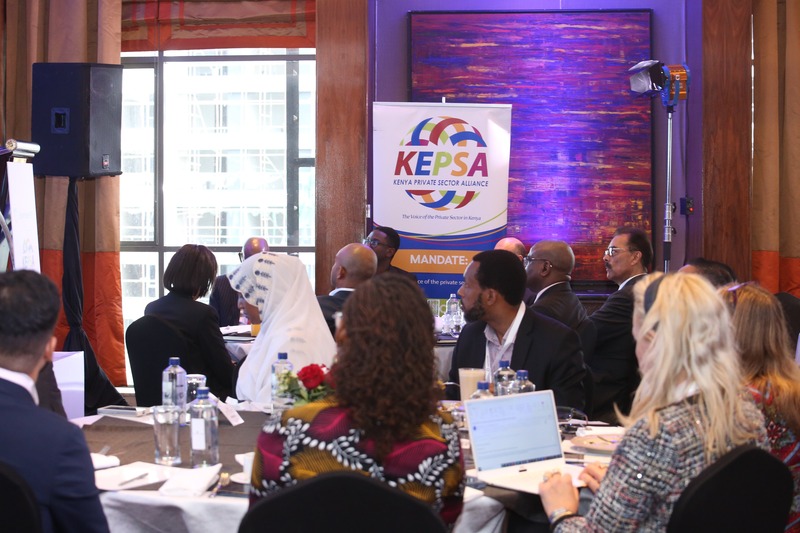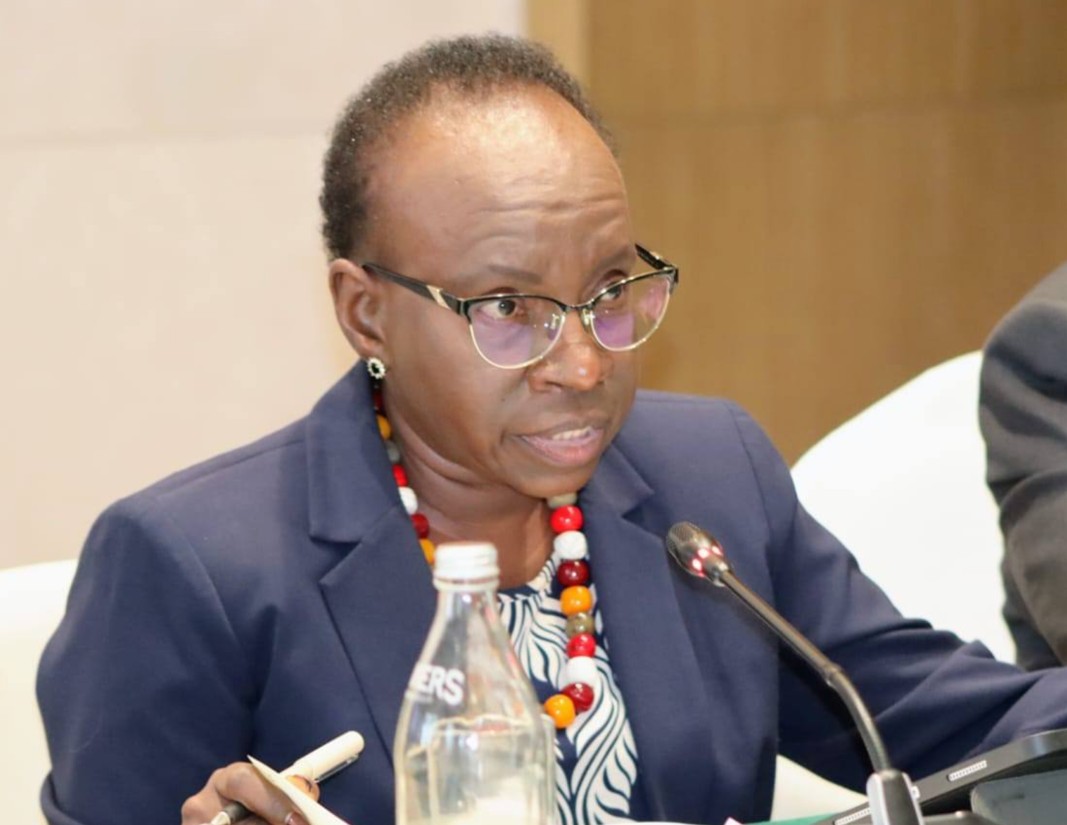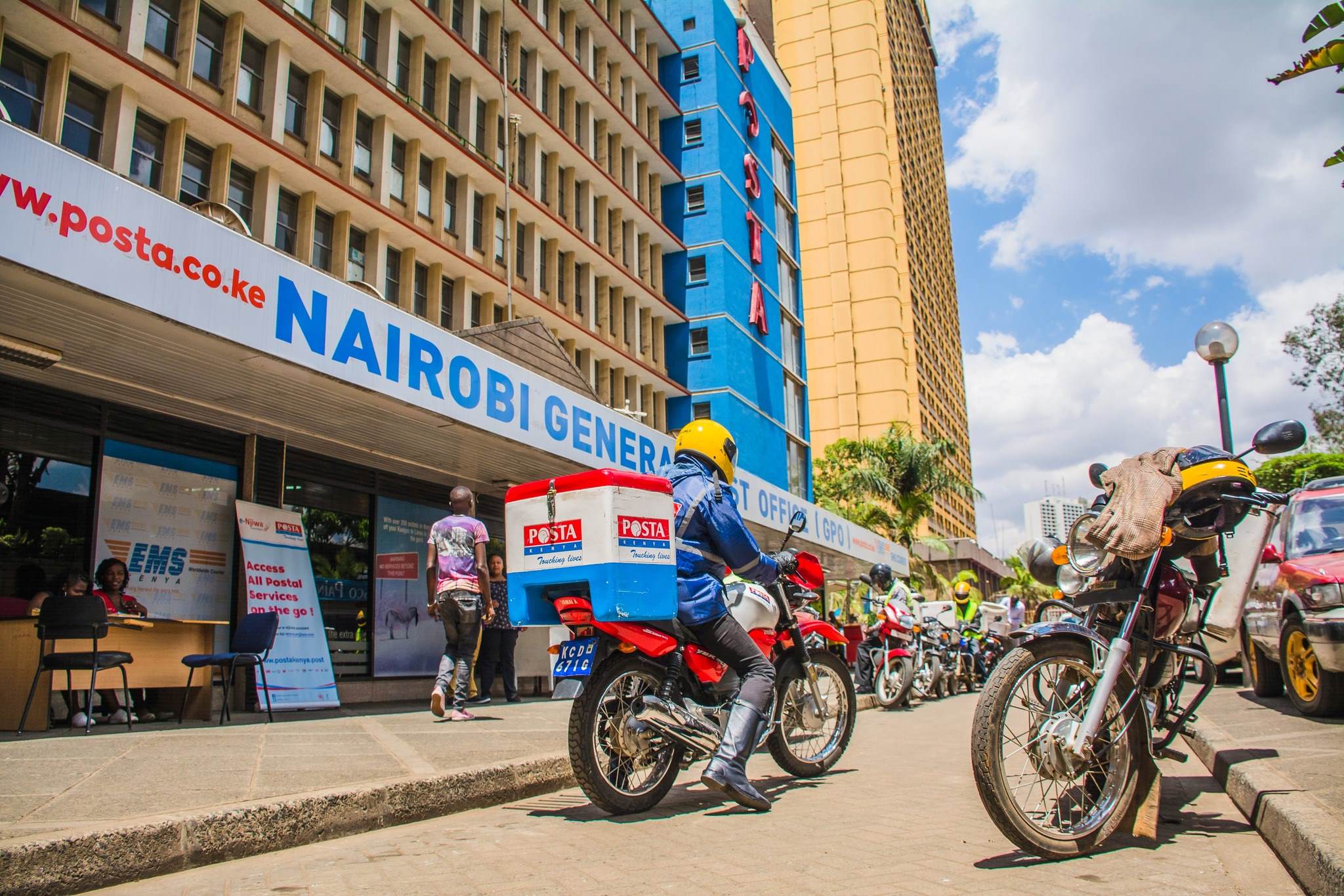KEPSA calls on banks to raise lending to private businesses to 15 per cent to spur growth

The alliance emphasised the need for banks to shift towards lending based on cash flow for small and medium enterprises (SMEs) and startups, rather than relying heavily on collateral.
The Kenya Private Sector Alliance (KEPSA) has called on banks to increase lending to private businesses as firms struggle to access working capital in the current economic environment.
The business lobby highlighted the urgent need for banks to set aside about 15 per cent of their loan portfolios for private sector lending, an increase from the current average of just one per cent.
More To Read
- June sees deepening slump in Kenya’s private sector following protests, weak consumer spending
- Loan interest rates drop as CBK moves to scrap risk-based pricing
- Private sector activities rise to a 27-month high in April on strong customer demand
- Private sector activity rises to 10-month high in March
- Why Kenya is currently not the best destination choice for investors - KAM
- Kenya’s private sector sees fifth consecutive month of growth but outlook dims
These views were expressed during this year’s KEPSA Platinum CEOs Breakfast forum, which was jointly hosted by the alliance and the human resource technology firm SeamlessHR.
KEPSA said there is a need for "significant reform within Kenya's banking sector," including reducing the number of banks from the current 38 to around 15.
This consolidation, the group said, would help create stronger and more stable financial institutions better able to support business growth.
The forum also criticised what it called “lazy banking”, a practice where banks prefer investing in government securities instead of increasing credit to private businesses.
“A strong push was voiced for a transition from ‘lazy banking’ to increasing private sector credit, with a target of 15 per cent from the current one per cent,” KEPSA noted.
The alliance emphasised the need for banks to shift towards lending based on cash flow for small and medium enterprises (SMEs) and startups, rather than relying heavily on collateral.
The push comes as growth in loans to private businesses has slowed despite cuts by the Central Bank of Kenya (CBK) to the benchmark lending rate. Elevated interest costs have continued to weigh on borrowing.
Additionally, the strengthening of the Kenyan shilling has contributed to a reduction in foreign currency-denominated loans, further limiting credit expansion.
According to the latest CBK data, outstanding loans to the private sector grew only 0.2 per cent to Sh3.838 trillion in March this year, up slightly from Sh3.829 trillion in the same month last year.
This represents an absolute increase of Sh8.6 billion in credit to households and businesses, highlighting the modest pace of lending growth in a challenging financial environment.
Top Stories Today














































